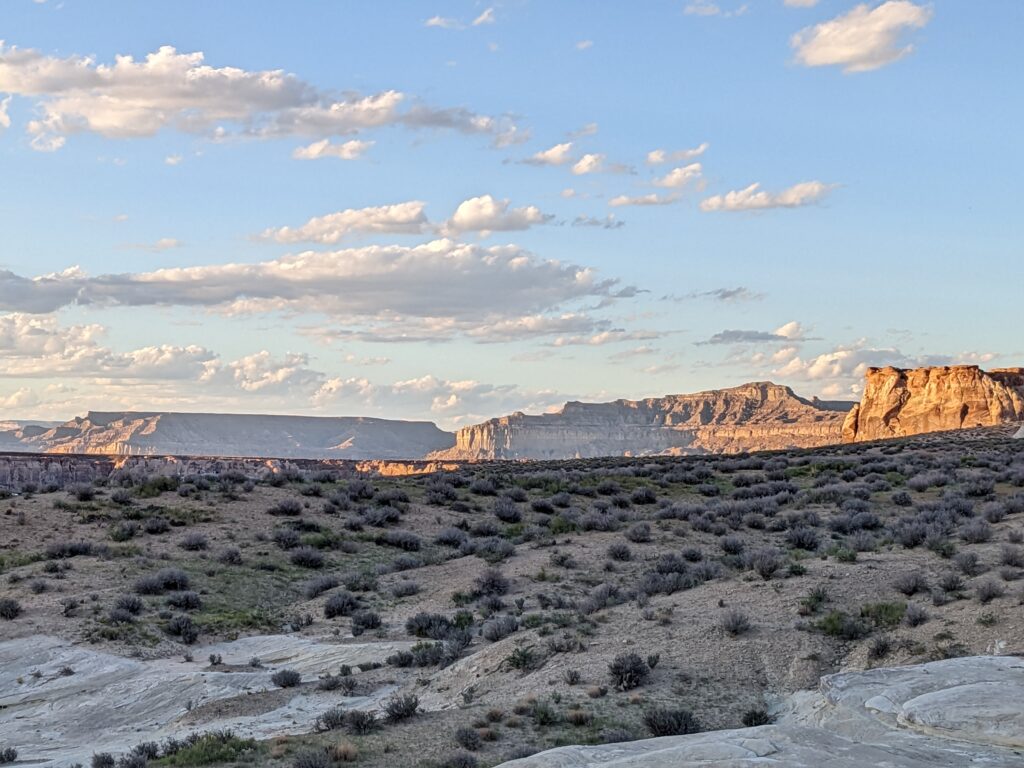Amangari

This summer, I noticed a few things happening at the “elite” Aman hotels that made me wonder about the brand’s future.
Amanpuri means place of peace. The first Aman, aka Amangari, opened in Phuket, Thailand, in December 1987 by Adrian Zecha. Zecha is the entrepreneur behind several hotels and supposedly had a particular strategy behind the Aman, from the locations to the ultimate luxury.
In 2014 there was a bidding war from the top organizations around the globe, such as LVMH and the Carlyle Group, to buy the brand. Vladislav Doronin, a Russian mogul, prevailed and won the bid at $358m. Not shocking to anyone who follows takeovers by moguls or private equity investors, lawsuits and craziness ensued.
We stayed in two other Amans’ when we traveled to Cambodia and Laos years ago. This past week we went with two couples to the Amangari in Utah. We were all so excited; some of us had it on our bucket list.
The changes I noticed in the brand this past year were the release of Aman products to buy on their website, including growth. An additional Aman that just opened in NYC a few months ago. Amans will be built in Beverly Hills, Aspen, and Miami, including cruise ships in the years to come. Also, you can become an Aman member for 200k a year to access the facilities even if you aren’t staying there.
The property in Utah is beautiful, particularly the new extension completed in 2018. Sitting in the middle of the desert surrounded by jaw-dropping views of mesas reminds you how old the earth is, and we are just passing through. We should be taking care of our planet.
Our experience was far from what we expected. The room costs include everything except alcohol and spa treatments or local journeys such as the slot canyons trip that we did.
The price of alcohol is exorbitant, and keep in mind that they only serve you an ounce and a half at a time in Utah. The staff is far from trained. There were a few groups there. One had taken over one of the terraces for the sunset. Considering how much everyone is paying a night and the intimacy, that should not happen. The place just isn’t that big. The most unacceptable thing of it all is The worst part is that the food was abysmal at times inedible. To me, that is just unacceptable.
All in all, we had fun, but in the end, just like too many brands, passing a brand to a large corporation tends to turn the experience into a money-making machine. Corners are cut, and the beauty of the brand is diminished.
I won’t stay at an Aman again. The concept was brilliant but has lost its way. The brand’s allure will continue to excite many, but it won’t take long before the reality of the experience catches up to it.
This past week we all read about the Patagonia founder, Yvon Chouinard, who built a great brand, stuck to his original concept, and gave away close to $3b of his family’s ownership to fight climate change. Sure, they got a tax write-off, but at least they didn’t kill the brand. If anything, they made us love it even more. Unfortunately, that is not the case with the Aman.

